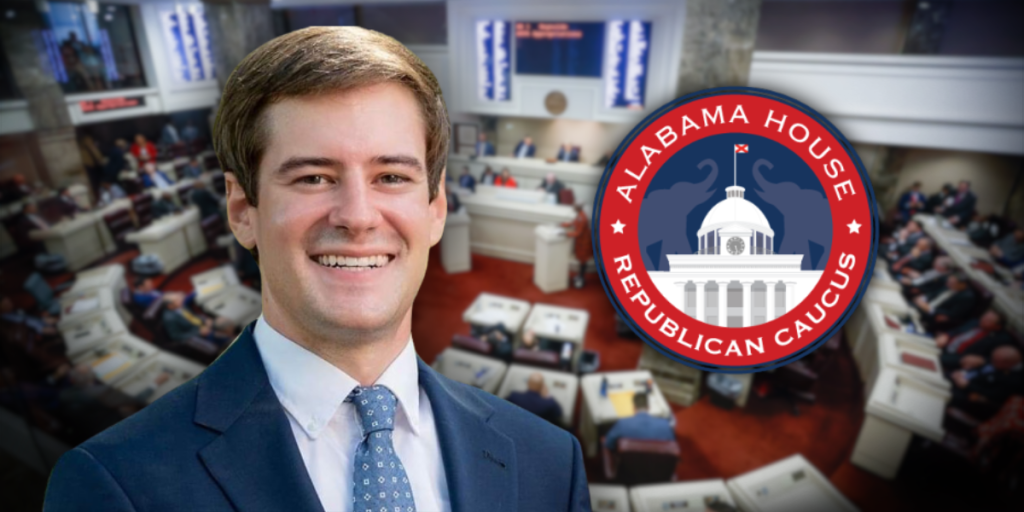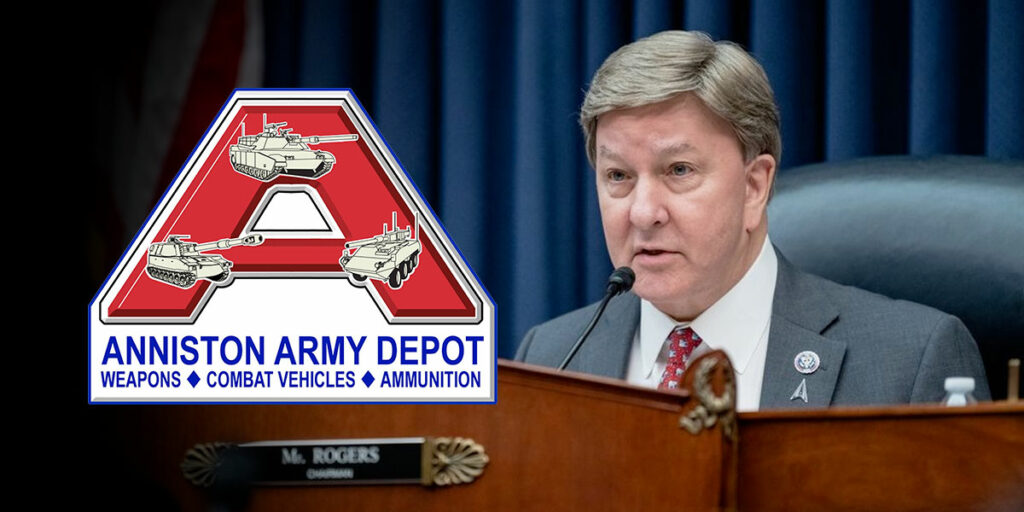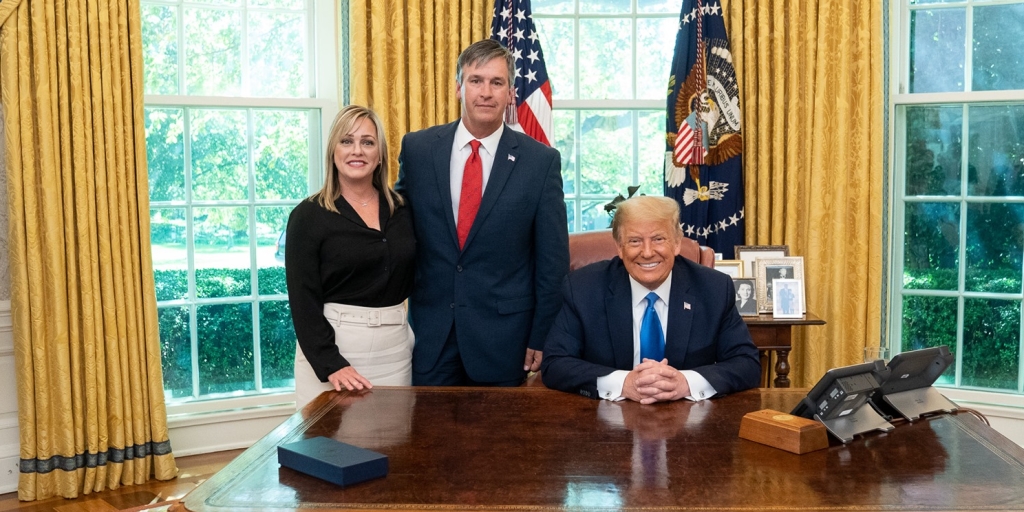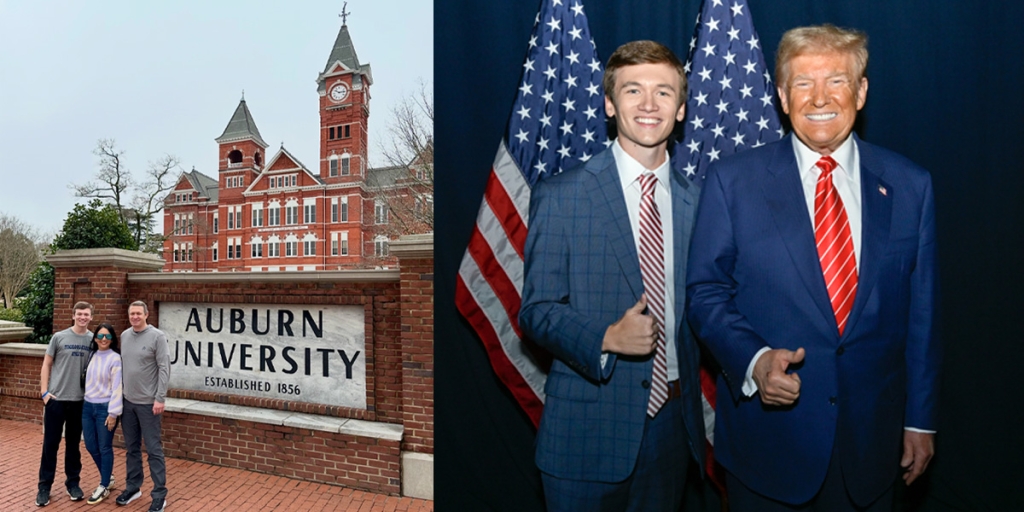
By Jay Mitchell
Today is Constitution Day. Two hundred thirty years ago today, our Founding Fathers signed the Constitution in Philadelphia – which began to fulfill the promise of the Declaration of Independence and put our nation on a path to greatness.
When delegates to the Constitutional Convention gathered at Independence Hall in the summer of 1787, there was no guarantee our young nation would even survive. We had emerged four years earlier from a bloody revolution against the British crown with great loss of life and deeply saddled with debt. The Articles of Confederation that governed the country were weak, made us vulnerable to foreign invasion, and served to intensify dysfunction among the states. Clearly, we needed a better way to govern ourselves, while at the same time preserving our hard-won freedoms.
What emerged from the Constitutional Convention on September 17, 1787 was nothing short of amazing. Our Founders handed to us a document confirming that “We the People” are supreme over government, and acknowledging that our rights come from above and predate government. As asserted in the Declaration of Independence and reflected in the Constitution, the people are sovereign. People do not exist to serve government. Government is instituted by the people to serve the people and secure our natural rights.
The protection of individual liberty is beautifully incorporated into the design of the Constitution. The structure of the document protects our freedom by diffusing power and making it difficult for tyranny to take root. At the federal level, there is a separation of powers among the Legislative, Executive, and Judicial branches. And through federalism, certain powers are vested with the states. Of course, the Constitution’s safeguards of individual freedom were later reinforced with the adoption of the Bill of Rights.
The Constitution is damaged when activist judges disregard it or bend it to their whims. That’s why as an Alabama Supreme Court Justice I will make every decision in light of what the Constitution actually says, not what certain interests wish it said.
 About the author: Jay Mitchell is a candidate for Associate Justice of the Alabama Supreme Court. He is an accomplished litigator with the law firm of Maynard, Cooper & Gale, and has been active in the Alabama Republican Party and the conservative movement for over 20 years
About the author: Jay Mitchell is a candidate for Associate Justice of the Alabama Supreme Court. He is an accomplished litigator with the law firm of Maynard, Cooper & Gale, and has been active in the Alabama Republican Party and the conservative movement for over 20 years












